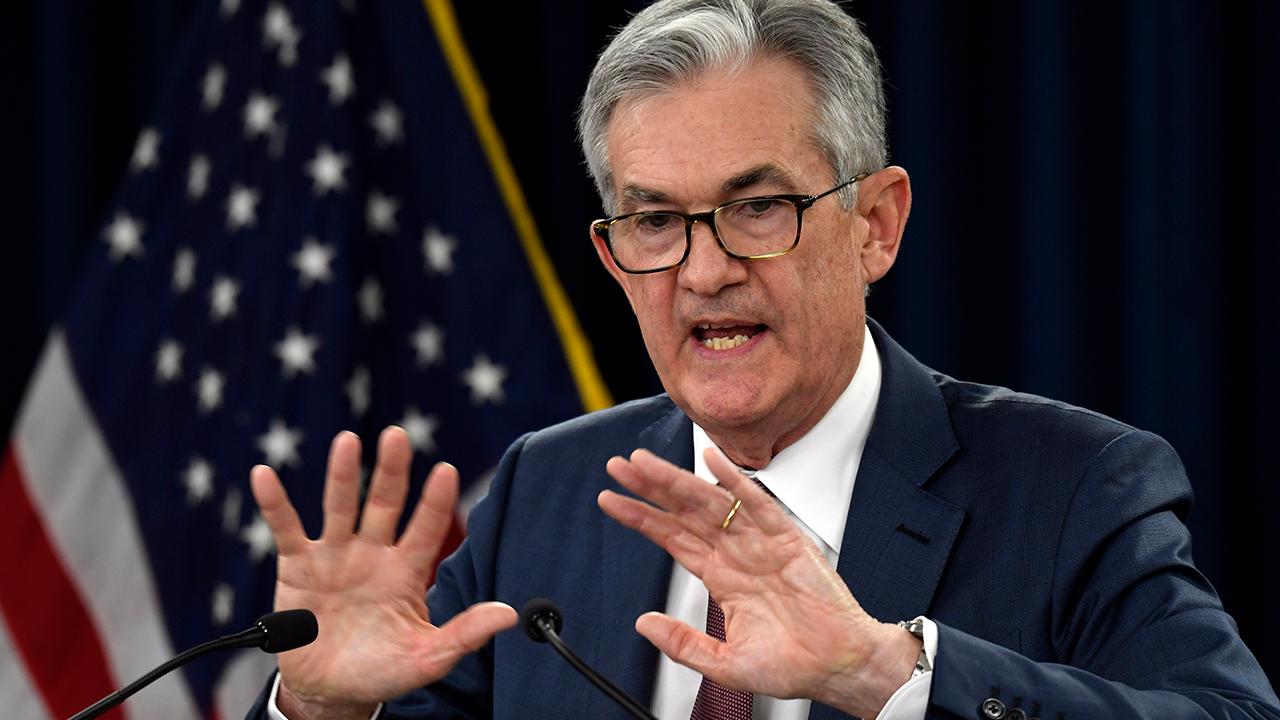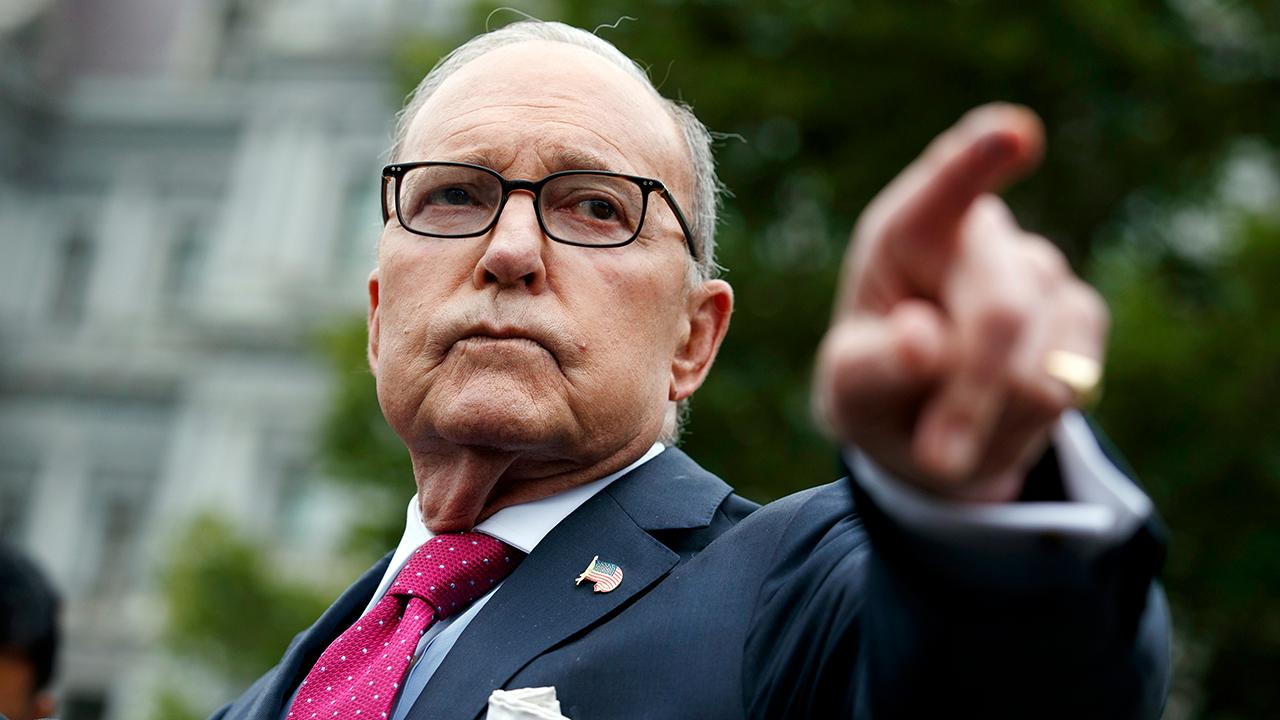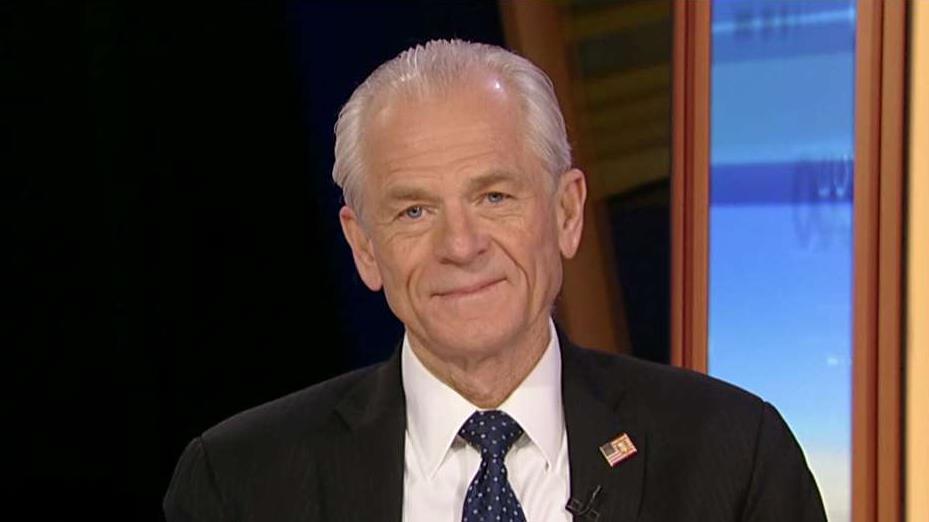US manufacturing slowdown eases after 6 months of grim developments
U.S. manufacturing improved in October, but remained in contraction.
The October ISM Manufacturing report rose to 48.3, up 0.5 percentage points from September, but that was below the 48.9 that economists surveyed by Refinitiv were expecting. It was the third straight month that the manufacturing survey was in contraction, with a reading below 50. The new orders index climbed to 49.1, up 1.8 percentage points from the prior month.
The slight improvement ended a six-month streak of worsening numbers.
Comments from survey participants "reflect an improvement from the prior month, but sentiment remains more cautious than optimistic," said Timothy Fiore, chair of the Institute for Supply Management Manufacturing Business Survey Committee.
The report found that five of 18 manufacturing industries reported growth in October as the U.S.-China trade war continues to act as a headwind.
TRUMP USES 'UNPREDICTABILITY' AS NEGOTIATING TOOL WITH CHINA: WILBUR ROSS
"Global trade remains the most significant cross-industry issue," Fiore said.
"Food, Beverage & Tobacco Products remains the strongest industry sector and Transportation Equipment the weakest sector," he added. "Overall, sentiment this month remains cautious regarding near-term growth.”
Friday's report allayed investor concerns that the manufacturing downturn would worsen after Thursday's Chicago Purchasing Managers Index for October printed at 43.2, its lowest level since December 2015. The October jobs report out earlier Friday raised more concerns, showing that factories shed 36,000 jobs.
Manufacturing, while not as big a part of the U.S. economy as it used to be, still makes up about 11 percent.
GET FOX BUSINESS ON THE GO BY CLICKING HERE
"With a sustained rebound in global growth still looking unlikely, and the very real prospect that trade negotiations with China once again break down, however, we still expect manufacturing conditions to remain unusually weak over the coming months," wrote Andrew Hunter, senior US economist at the London-based Capital Economics, in response to Friday's report.






















